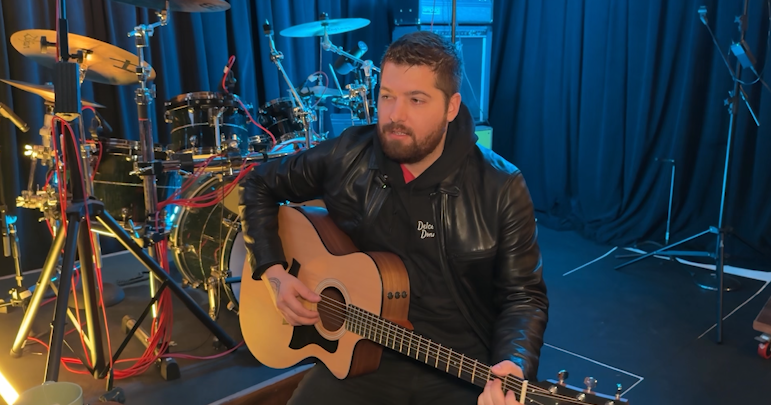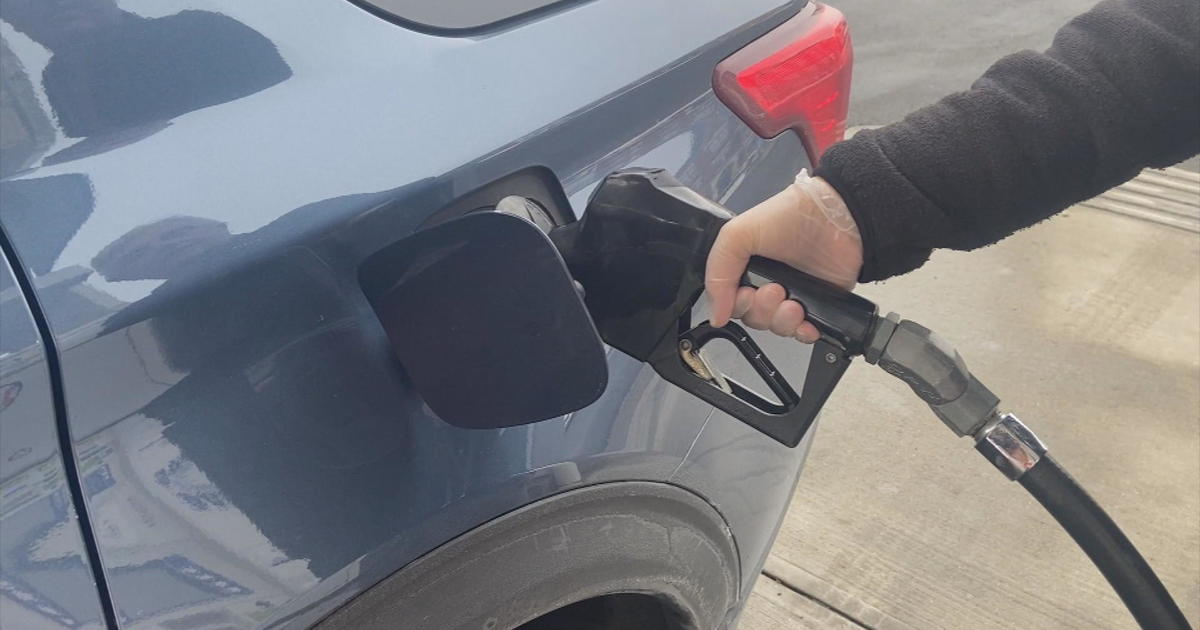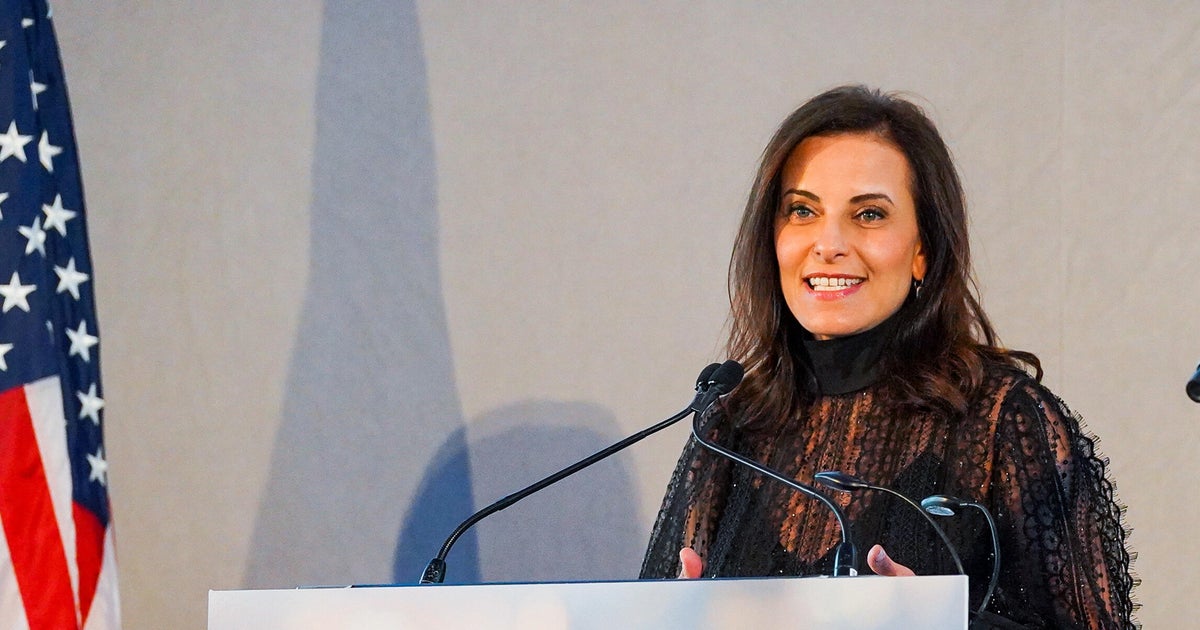Streaming music royalties just got sweeter
Musicians who've complained bitterly for years about getting underpaid by streaming services are starting to sing a happier tune.
The U.S. Copyright Royalty Board (CRB) this weekend approved a 43.8 percent increase in streaming royalties paid to songwriters and their publishers over the next five years, the largest gain the CRB has ever approved. Moreover, the overall percentage of the streaming services' revenue paid to songwriters will increase from 10.5 percent to 15.1 percent. Those companies are also now subject to late fees, which may "dramatically alter" how digital music is licensed, according to the National Music Publishers Association (NMPA).
"The decision represents two years of advocacy regarding how unfairly songwriters are treated under current law and how crucial their contributions are to streaming services," said NMPA Executive Director David Israelite in a statement. "While the court did not grant songwriters a per-stream rate [which they had wanted], the increases in overall rates and favorable terms are a huge win for music creators."
The decision of three CRB royalty judges appointed by the Librarian of Congress came after publishers and the streaming services were unable to resolve their dispute themselves.
According to Kevin Erickson of the nonprofit Future of Music Coalition, the CRB decision is a "step in the right direction," though he said it doesn't address the long-term economic challenges facing the music industry, now that artists have to sell more streams to make a living compared with record albums.
"It's not a silver bullet," Erickson said.
The Internet Association, which represents services that would be affected by the CRB ruling, including Amazon (AMZN), Alphabet's Google (GOOG), Pandora (P) and Spotify, didn't immediately respond to a request for comment on this story. A Pandora spokesman said it's studying the decision and declined to comment further.
Apple (AAPL), which is facing a class action for allegedly underpaying digital music royalties, also is affected by the CRB ruling. The tech giant broke ranks with the other streaming services, arguing that the current royalty system was "economically unsound." It sought a single per-play rate that's the same for every service, according to Daily Variety. An Apple spokesperson couldn't be reached.
Songwriters had asked the CRB to grant the greater of 15 cents per 100 streams or $1.06 per user per month. Although they didn't get that much, they did gain ground. For the past 10 years -- since the dawn of streaming -- writer royalties had been strictly based on a percentage of each streaming service's revenue, putting them at the mercy of subjective corporate decision-making.
A bill called the Music Modernization Act (MMA) has been introduced in the U.S. Congress, which would create a new government agency to issue licenses to digital services and collect and distribute royalties to the holder of the digital rights.
"The MMA won't immediately or completely solve songwriters' digital rate woes, but it sets us on the right path," songwriter Tom Douglas, a long-time member of the Nashville Songwriters Association, told a recent Congressional hearing. "The present standard of evidence to set my mechanical royalty rates was established by Congress in 1909 for player piano rolls. Why so long? Because reaching agreements between songwriters, music publishers, performing rights societies, record labels, streaming companies and their representative organizations is Herculean."





